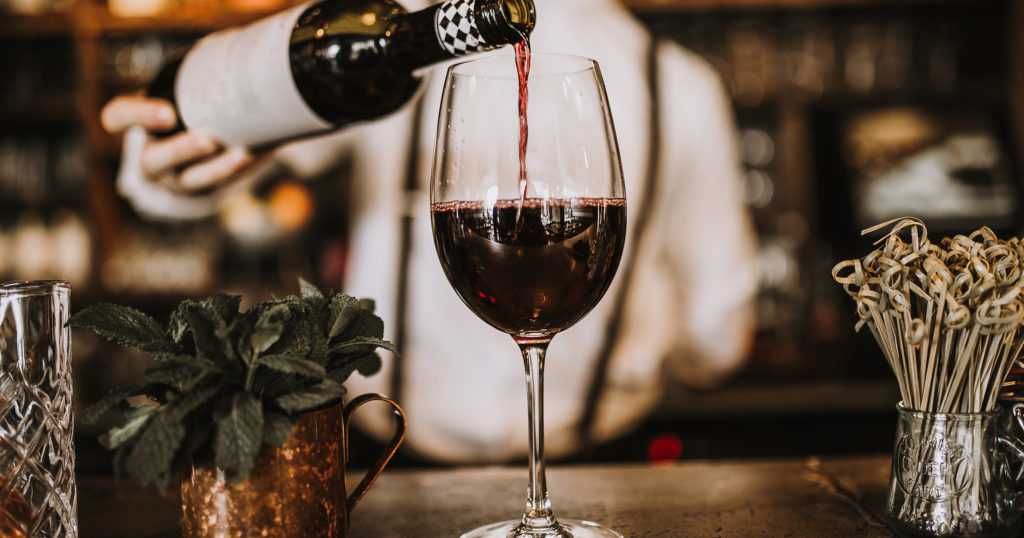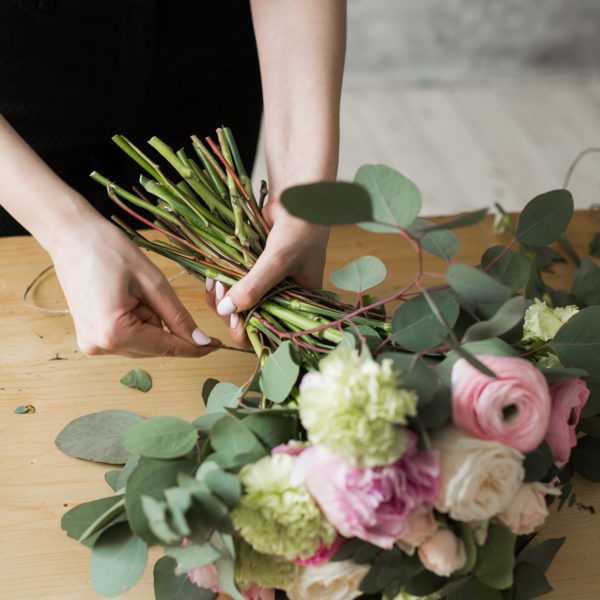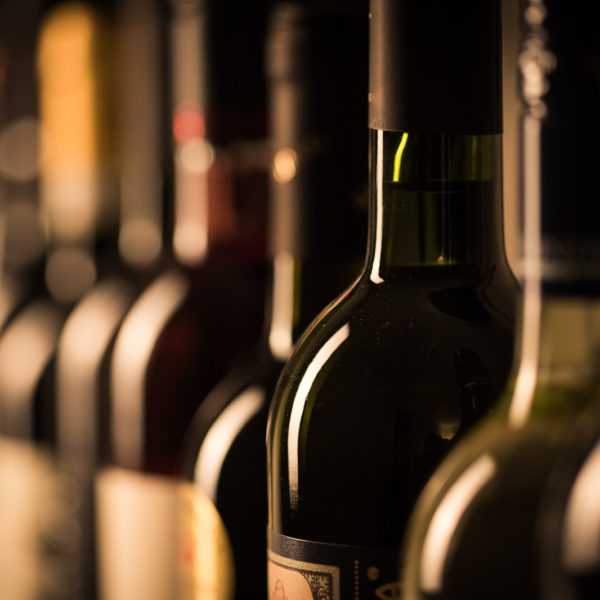How a Wine Entrepreneur Avoided a Pandemic Hangover


The wine business isn’t for the faint of heart. For Mary McAuley, who started making her Clambake Wines seven years ago, the journey has been one of ups and downs.


McAuley left her “safe” job in the healthcare industry to attend culinary school with dreams of opening up her own restaurant. While working in the restaurant business she realized her calling was beverages, so she went for her sommelier certification.
As a newly minted wine expert and go-to guide for friends and family who wondered about proper wine and food pairings, she crafted a batch as a novelty item. McAuley discovered she loved making wine, and turned to winemaking as her business, starting Ripe Life Wines with its signature product: Clambake Chardonnay. Ultimately, she crafted a product she was proud of: an approachable wine with a price point of under $25.
But this year, with her life centered around the COVID-related lockdown in New Jersey, she decided to turn away from relying on a distributor model and got her license to sell exclusively on a direct-to-consumer level. Meanwhile, fires raging in California took out some of her crop in Mendocino and Lodi, and with them the ability to make two of the wines she had planned. In numbers, this puts her down about 50% on inventory for what is referred to as “grape to glass.” McAuley is in talks with other single-vineyard producers to see how their grapes might transfer into her winery, but she is still waiting for fermentation to end to actually taste the samples, making her decision to switch her business model all the more serendipitous.
McAuley spoke with “This Is Capitalism” about her pivot to add the role of wine distributor to her resume. Edited excerpts are below.
Q: What inspired you to start Clambake Wines?
A: My upbringing on the Jersey shore. I grew up going to a lot of clambakes and having clams and steamers on the back porch every weekend. I wanted to make the perfect wine for that food and atmosphere. The original batch of Clambake was going to be a hobby because family and friends always asked me what bottle to pair with things. Before I knew it, there were 300 cases, and it was just a beautiful, crisp Chardonnay.
Q: What parts of the business are you responsible for? Are you actually making the wine yourself?
A: I am more putting the recipe for the wine together – like an executive chef is to kitchen staff – but I have a team and machines on the ground at the winery that do the actual winemaking.
Q: What are some of the risks that come with the wine-making business?
A: When you’re making projections in the wine business as a new winery and your business is growing, you have to put the cart before the horse because you only harvest once a year. You’ve got to buy as many grapes as you think you need for the cases you want to sell. If you make too little and you run out you there is an opportunity loss. But, if you make too much and it’s not selling well, you have a problem, because some wines, particularly white, don’t get better with age.
Q: Did you have any issues as a woman breaking into the winemaking business, which is still largely male-dominated?
A: No. But I will say that there is a “boys club” element and the 50-to-60 or so men who dominate the industry have an easier time making friends with one another. It becomes harder to be in the room (or on the golf course) where decisions are being made.
Q: As a smaller player, what were the issues around working with a distributor?
A: The model legally binds a winemaker to a distributor, and we are vulnerable to cannibalism or being shelved out of reach while hotter wines take up the limelight. Sometimes, the distributor may have another portfolio of wines where the winemaker is giving them a $5 kickback on every bottle or a trip to their chateau in the south of France. Meanwhile, I’ll make it out to Montauk, shake my hand with a restaurant and say, “Okay, I’m on the wine list again, right?” And they confirm but then the distributor sneaks in and says, “Well, we have this other one. Would you try it and we’ll give you a good deal on it,” because they’re being incentivized on the back end. It’s hard when you’re married to a middle man who takes away from all the effort you put in.
Q: Take us back: What were life and your business model were like before COVID hit?
A: This past spring, I was ready to do business like I always did and travel to California to check on my grapes. I was gearing up for the wine festival and tradeshow circuit to get the word out about Clambake Wines. The timing of the pandemic couldn’t have been worse. My wines are consumed most in the summer due to their name alone, so all of my promotion and account prospecting takes place in the spring, particularly from mid-March to mid-May, when all my seasonal markets are just starting to dust off their shelves. I had plans to be in about 10-12 different states and in March, it became clear that wasn’t going to happen.
Q: What are you doing differently as a result?
A: I stayed local, focusing on the New Jersey market, and we’ve made some pretty decent money. Now that I have a license to sell direct to consumers, I’m not dealing with a distributor or middle man. I am so much happier because I have control over the whole process. I know my customers. They come to me; I go to them.
Q: Why did you decide to sell direct to consumers?
A: I have much more freedom to do business. It’s so liberating and nice to do business the right way and to get rewarded for the effort.
Cheers to that!

